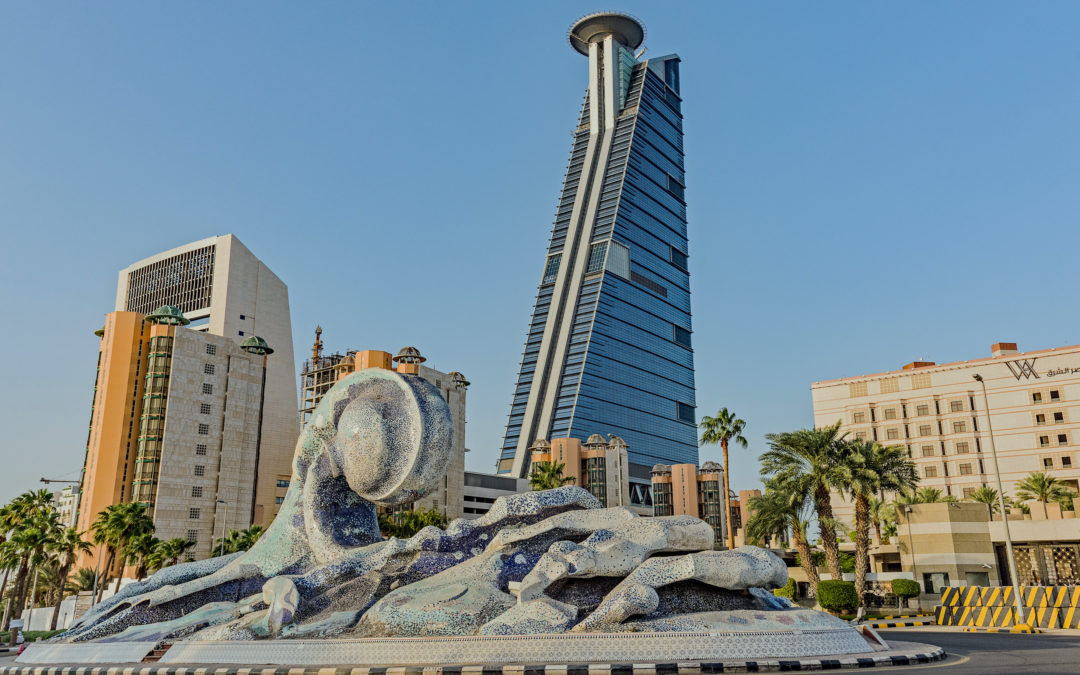Saudi Arabia’s Ministry of Education has revealed a multitude of job opportunities in anticipation of the upcoming academic year. With a focus on enhancing educational standards, the ministry has announced the availability of 11,551 positions for both male and female teachers across various fields on a contractual basis.
These openings are targeted at individuals specializing in subjects such as mathematics, chemistry, physics, English language, computer instruction, and management. Prospective candidates are encouraged to apply through the unified national employment platform known as Jadara. The application window will be active from 9 am on July 25th until 11 pm on July 30th, adhering strictly to the established regulations and vacancy-specific zones.
Should certain candidates not succeed or choose to withdraw their applications, the ministry has outlined a process for their replacement. This will involve conducting personal interviews to assess suitability for the positions.
Aspiring applicants who meet the prerequisites for the roles, including professional certification, possession of a university degree relevant to the field, and appropriate domestic equivalency for degrees earned abroad, will be considered for the vacancies.
The ministry underscores that the creation of these opportunities serves a twofold purpose: to ensure the presence of proficient teaching staff in the education sector, aligned with national objectives, and to enhance the quality of educational outputs for global competitiveness.
Earlier in May, the Saudi Education Ministry took a significant step by introducing earth and space sciences into the secondary school curriculum, effective from the forthcoming academic year. This decision was taken in tandem with a milestone achievement as two Saudi astronauts successfully completed a 10-day mission on the International Space Station (ISS).
The integration of earth and space sciences into the curriculum aims to cultivate a positive interest in space science among students, aligning with international best practices and adhering to scientific and national benchmarks, as communicated by the ministry at the time of the announcement.
The ministry said the introduction of the new subject is part of its “keenness to cope with aspirations and future objectives” aimed to qualify internationally competitive citizens by upgrading learning outputs to keep abreast of world changes, future requirements and labour market needs.
Saudi biomedical scientist Rayyanah Barnawi in May became the first Arab woman to go on a space stint. She joined the male Saudi astronaut Ali Al Qarni and two US colleagues in reaching ISS.



Recent Comments